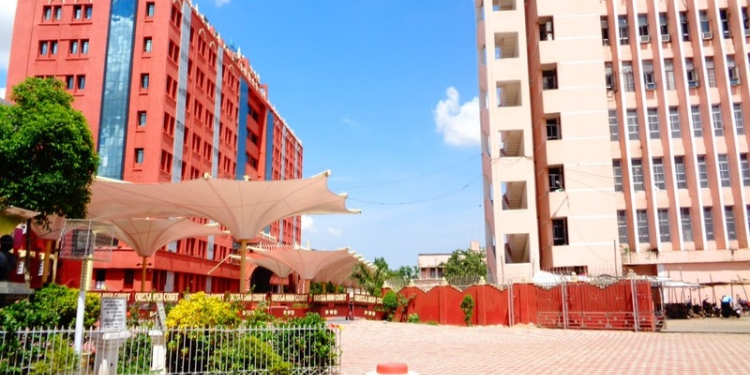The Orissa High Court has determined that information regarding the outcome of a tax evasion petition, sought under the Right to Information Act, cannot be disclosed.
Justices B.R. Sarangi and G. Satapathy’s bench noted that disclosing information sought in an application under the Right to Information Act is not permissible under Section 8(1)(i) of the Act. This section exempts the obligation to provide certain documents, including records of the Council of Ministers’ deliberations and other confidential materials.
The petitioner had filed a writ petition seeking disclosure of the general outcome of a tax evasion petition they had lodged against Harmohan Sarangi and Himansu Sarangi. However, their request was denied by the Public Information Officer, a decision upheld by both the first and second appellate authorities.
The petitioner argued that they simply wished to know the result of their tax evasion petition, which they had filed under the Right to Information Act but hadn’t received.
The department contended that the petitioner’s request amounted to a veiled attempt to access confidential proceedings, which is prohibited under Section 8(1)(i) of the Right to Information Act. The court concurred, finding no irregularity in the authorities’ decisions.
The court concluded that the petitioner’s inquiry was overly broad and sought materials that were protected from disclosure under Section 8(1)(i) of the Right to Information Act. Thus, the authorities’ decisions were deemed lawful and proper.

















